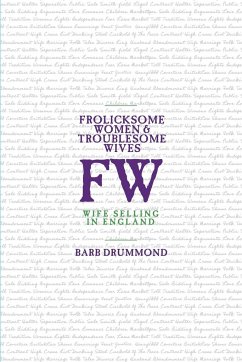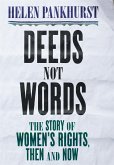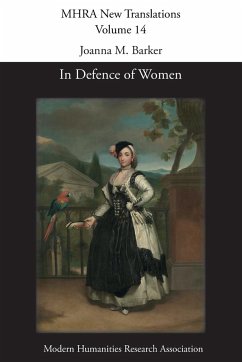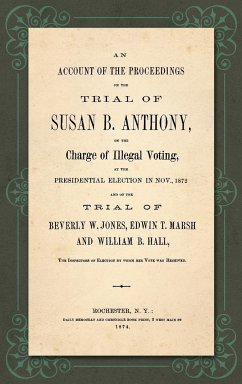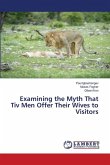In the late 18th century, the French claimed an Englishman tired of his wife could dispose of her at Smithfield's beast market. Examples can be found scattered through press records. Some were, as often claimed, brutal, sometimes drunken affairs. But they varied widely over time, place, and practice. England was the only Protestant nation to retain its pre-reformation marriage and divorce laws. Marriage continued to be easily entered into, but was virtually impossible to escape. Sales took many forms to ensure they were legal, and rituals were often incorporated. This book is about the nature of marriage itself, of what it meant to our ancestors, of how the public responded to disputes, and about the rights of women and children. Women had few legal rights, but that did not mean they were always passive. They featured in many riots, especially over food, as the poet Robert Southey claimed they were less likely to be prosecuted. Some sales were initiated by women, who were often nameless, but appear as intelligent, opinionated and who knew their rights. There were many men and women who believed there was an alternative to a life of misery, to be ended by death.
Hinweis: Dieser Artikel kann nur an eine deutsche Lieferadresse ausgeliefert werden.
Hinweis: Dieser Artikel kann nur an eine deutsche Lieferadresse ausgeliefert werden.

